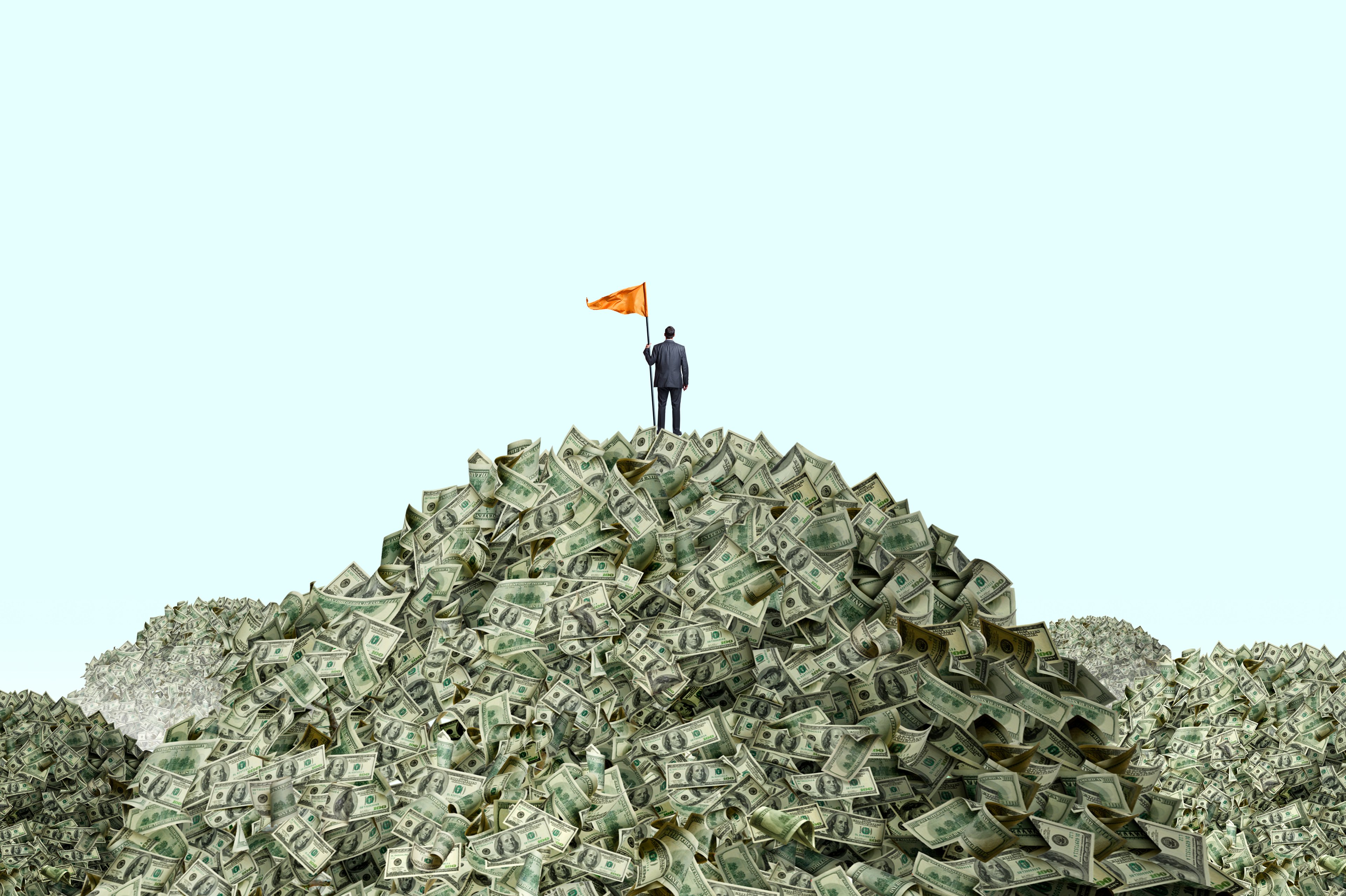Unless you've been sleeping under a rock for the past three years, you're fully aware of just how much artificial intelligence (AI) has taken over the narratives in the stock market and the broader economy. Some lucky investors have gotten a lot more prosperous thanks to their well-timed investments in the companies that have led the charge on this new tech. For example, AI poster child Nvidia's stock has soared by 809% in the past three years.
But businesses don't have to operate at the cutting edge of technology to deliver impressive share price gains. There are thriving companies elsewhere too. For example, this boring retail stock is up 232% in the past five years (as of June 24). Should you buy it right now?

Image source: Getty Images.
Dominating the retail sector with a compelling value proposition
When investors are pondering which retailers they might want in their portfolios, they might think first of juggernauts like Amazon or Walmart. But they shouldn't forget about Costco (COST +1.00%), which has carved out a successful niche as the leading warehouse club operator.
Costco has a strong brand thanks to its treasure hunt shopping experience and its low-priced but high-quality goods. It operates a membership-based model: Customers pay annual dues for the right to shop at Costco warehouses. As of May 11 -- the end of its fiscal 2025 third quarter -- it had 79.6 million memberships, up 6.8% year over year.
In that quarter, Costco booked $62 billion in merchandise sales. This makes it one of the largest retailers on the face of the planet. The scale advantages it enjoys help support its economic moat.
With incredible buying power that it can flex on its suppliers, Costco can reliably acquire merchandise at favorable costs, and it does a great job keeping its overhead in check. Selling, general, and administrative expenses were just 9% of total revenue in its fiscal Q3, less than half Walmart's nearly 21%. Shoppers benefit as its overall business model -- which relies primarily on the membership fees for its profits -- allows it to keep its merchandise prices low. It's a positive feedback loop that is unstoppable.
Even in the face of the rising popularity of online shopping, Costco has continued to perform well. This gives me confidence in the company's long-term durability.
Working together, these positive characteristics have benefited Costco financially. Same-store sales were up 5.7% in the latest fiscal quarter, after increasing 5.3% in fiscal 2024 and 3% in fiscal 2023. The business seems to always operate from a position of strength, and continues to despite the uncertain macroeconomic backdrop. And in the past five years, Costco's earnings per share have climbed at a compound annual rate of 12.1%.
Costco pays a $1.30 per share quarterly dividend that at the current share price yields a paltry 0.5%. However, the leadership team occasionally approves sizable one-time special dividends. The latest of these was a distribution of $15 per share in January 2024. The one prior to that was for $10 a share, distributed in December 2020.

NASDAQ: COST
Key Data Points
Customers love Costco, but so do investors
Costco's tremendous success is certainly an impressive thing to see, especially in the face of changing economic conditions. The customer loyalty it has earned works heavily in its favor.
However, it's not lost on the investment community that Costco is a fantastic business. Shares have crushed the S&P 500 index during the past one-, three-, five-, and 10-year periods.
Costco doesn't fly under the radar. Everyone knows how reliably it delivers strong returns. On the one hand, that makes it a great investment this is. Even the late great Charlie Munger never sold a single share of Costco from his personal holdings, and he often mentioned publicly how much he loved the company.
On the other hand, investors' appreciation for the business has caused them to bid its valuation up to a fairly excessive price-to-earnings ratio of 56.8. This means that investors should wait to buy the stock.





